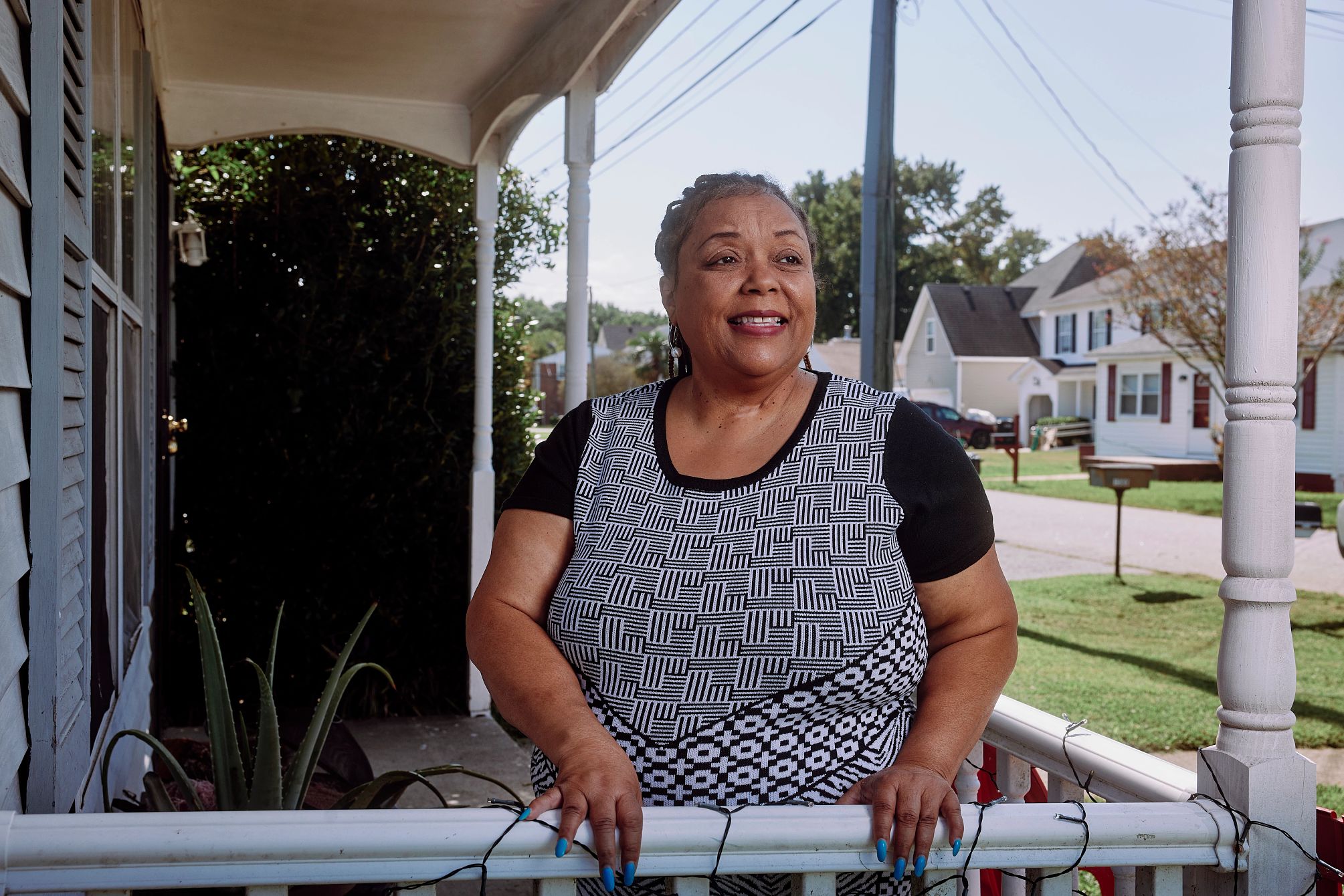AARP Hearing Center


Since Doreen Tarrant’s daughter died of liver cancer in 2015, she has been raising her three grandchildren, a 16-year-old boy and 12-year-old twins, a boy and a girl. Family finances are chronically tight, and making ends meet each month is a struggle with three kids.
“They have growth spurts,” says Tarrant, of Virginia Beach, Virginia. “School clothes are expensive.” Not to mention the climbing costs of everything from laundry detergent to period supplies for her granddaughter. “It’s getting harder and harder,” she says.
One thing that helps is Social Security. At 61, Tarrant is not yet eligible for retirement benefits, but the kids receive survivor benefits, which she manages as their representative payee. That helps stretch the family budget, supplementing Tarrant’s U.S. Navy veteran’s pension.
In millions of American families, grandparents largely or fully fill the role of parents. Those on fixed incomes can struggle to absorb the expense of caring for grandkids, says Rosalyn Alber, who manages programs at Washington state’s Aging and Long-Term Support Administration for “kinship families” in which grandparents or other relatives are raising a family member’s children.
“It’s very expensive to have a child or children in your home,” she says.
For these families, Social Security benefits can be a lifeline, says Donna Butts, executive director of Generations United, a nonprofit group that advocates for programs and policies supporting intergenerational collaboration. “Social Security plays an essential role when it comes to supporting grandfamilies,” she says.
Grandparents raising more than 2 million kids
It’s a lifeline many such families know little about. “Sometimes families don’t understand that children can be eligible for Social Security benefits too,” says Kathleen Romig, a senior adviser on children’s benefits at the Social Security Administration (SSA).
Butts says the number of kids being raised by grandparents tends to fluctuate, but the twin crises of the opioid epidemic and the COVID-19 pandemic contribute to the number of grandchildren being raised by grandparents today.
“When we see a bump is whenever we’re experiencing any kind of hardship or crisis in the country,” she says.
In 2021, there were an estimated 6.7 million grandparents living with a grandchild under 18, according to the Census Bureau. Nearly one-third, or 2.1 million, had primary responsibility for these children. Roughly 2.7 million minors receive Social Security benefits, more than half because of the death of a parent who had worked and paid into Social Security.

































































More From AARP
My Biggest Retirement Mistake: Collecting Social Security Early
Claiming benefits at the minimum age can shore up cash flow but comes with a costWhy More Retirees Are Going Back to Work
Many older adults are unretiring to save money and get more interactionWhen Grandparents Are Called to Parent — Again
Millions of older Americans are being forced by circumstances to raise their grandchildren
Recommended for You